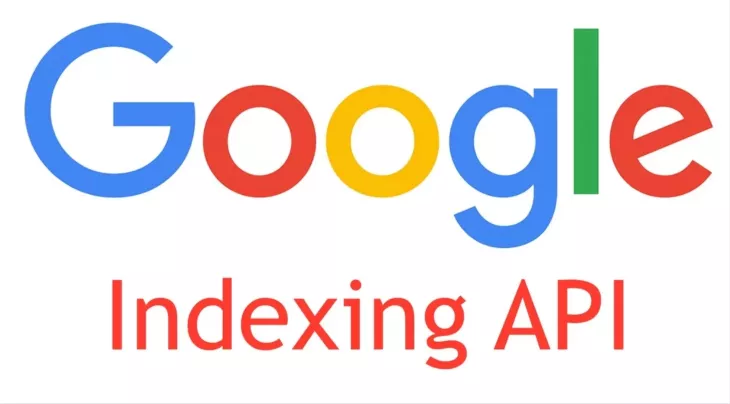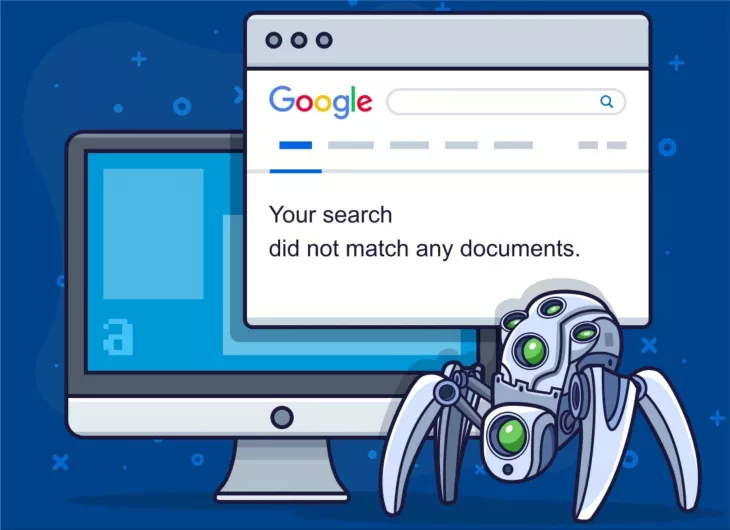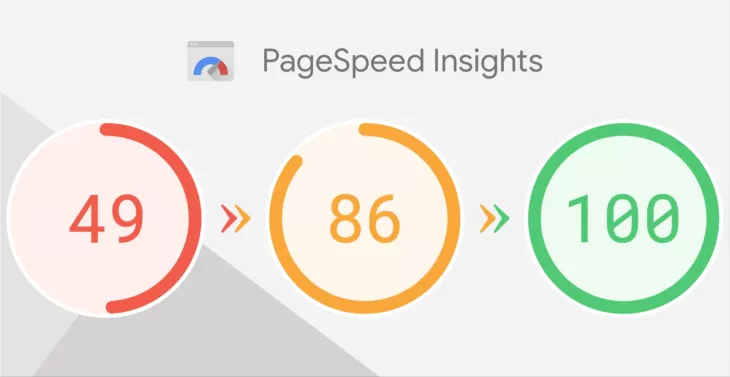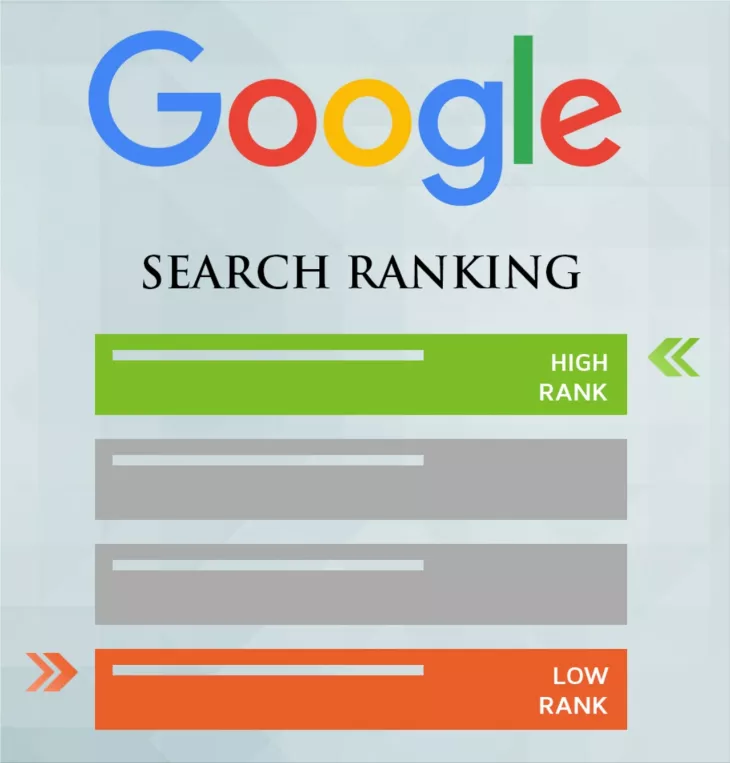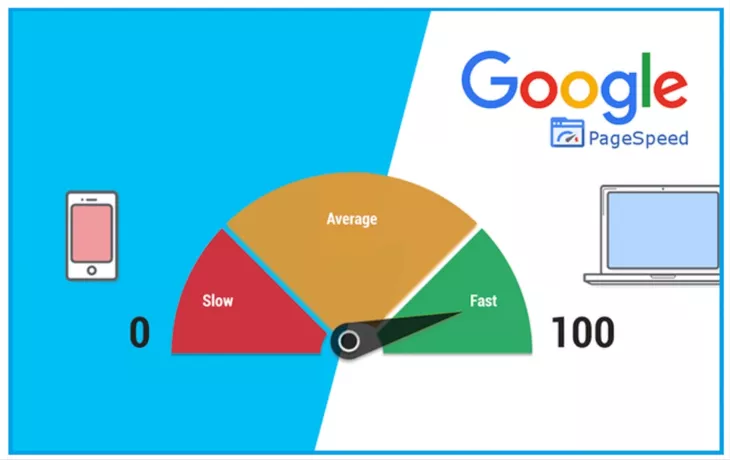Discussions over content quality always have a reason, and that's true - most of the time, a page isn't indexed because it's not worth indexing. And yet, so many times, a simple search for that page's SERP topic causes us to shake hands.
I've been captivated by a little-discussed aspect of SEO - the Crawl Budget for some years. Although many individuals, including those at the top of the business, argue that this is only significant for huge sites, I believe that prioritizing crawling is a question of statistics, not quantity. In other words, every site, large or little, gets its "share."
Over this "passion" of mine, I've seen that Google is indexing new sites and modifications to existing pages more and more aggressively. Furthermore, this insight is based on both the projects I feed and the (already) hundreds of comments and inquiries from SEO sectors via Social Media. People are desperate: "3 months have gone, and my site is still not indexed"; "I released a really nice page 2 months ago, and Google has yet to accept it."
I try my best to clarify the distinction between indexing and ranking and ranking and traffic. However, in far too many circumstances, and in an increasing number of such cases, individuals are correct, totally acceptable pages on at least decent, unindexed sites.
Discussions over content quality always have a reason, and that's true - most of the time, a page isn't indexed because it's not worth indexing. And yet, so many times, a simple search for that page's SERP topic causes us to shake hands.
The topic logically shifts to "SEO" (to what too many understand to be SEO - that is, backlinks). Yes, the profile of backlinks is quite essential. However, the profile of backlinks does not signify much when seen alone - the relationship between it and the site itself - especially when viewed via its amount of pages of some relevance (we may call it "value") - is also something to consider.
We've reached a stage when there are just too many questions. Nonetheless, I will confine myself to one question: Where precisely does the number begin to harm?
I'll be honest: I don't know the answer to that question. Furthermore, I didn't believe I was even aware of it until lately. I knew it was wrong, but I was persuaded that too little would never be enough. However, only hazy phrases are used, with no quantitative data. What has lately changed? I read a few lines. I won't go into detail because I'll explain them in full below. Interestingly, I didn't learn anything new. Still, the words I'm referring to express everything so simply, so articulately, that I just completed reading, and all I could say was "this was!".
Okay, I'm finished talking; now I'll introduce you to the words. This is a post from Ammon Johns, a person I wholeheartedly recommend:
It's too early to tell, but I have a strong suspicion that the changes I've seen in the way Google handles indexing are that many sites at the bottom end of the global importance spectrum are not being indexed as quickly as they were a few years ago, and in some cases are not being indexed at all.
This predicament follows years of Google moaning and stammering about their difficulty with "quantity over quality spam." All of this coincides with vague claims about new ways to tackle spam in "spam upgrades."
The issue for Google has been sites like Quora and hundreds of other similar sites, where massive amounts of user-generated material might generate hundreds of thousands of new pages in just a few hours. However, the great majority of newly formed URLs in this manner were frequently "mothballs" of the same debates that already existed on thousands of other sites indexed on the same site.
On the other side, there has been an increase in the availability of so-called AI copywriting software, which can generate massive amounts of low-quality text at essentially no expense in terms of resources. However, despite the new labels featuring the term "AI," "Machine-generated" spam content is not new. There is software that accomplishes the same thing, which arose many years ago, and is based on scraping and spinning, producing information in new forms depending on a set of rules and instructions.
However, Google has measures in place to deal with this. But, in my opinion, they improve and build on them.
Crawling prioritization has always been present in Google and is very scalable and self-adjusting. Each known URL that Google wishes to visit, indexing it for the first time or checking for changes, is allocated a "queue" position based on a "priority score" algorithm. High-priority sites are normally treated almost rapidly, but ultra-low-priority URLs may have to wait months or even years, and it may never be their time, as long as things of greater priority are being added to the queue in front of them.
It has always been relatively common for an "average" website with the relevance and profile of "average" backlinks for their size to have around 90% of the content indexed and approximately 10% unindexed at any given moment. However, sites like Amazon and eBay may have a considerably more significant percentage of unindexed product pages simply because their internal structures change so fast and at such a deep level linking.
However, in recent years, there has been a steady growth in the number of ordinary, medium-sized company sites that have been "recommended" to develop a blog and upload new material every few days.
Essentially, what PageRank did for a site on the few sites that had garnered some actual connections is now being thinned out by sharing thousands of essentially meaningless blog articles that no one cared about. The "power" of every single page has been diluted to the point that nothing is simply seen as significant.
I guess that Google has tightened all of this to assist at least locating the pages that are truly good, even in a slag swamp, making it much plain to everyone that quantity-spammer practices are self-evidently detrimental.
Consider examining, upgrading, or even eliminating sites that don't appear in searches or generate a lot of impressions but nearly no clicks. If Google notices that the pages it has previously indexed for your site function poorly, it may not only modify the ranks, but it may also lessen the priority when it comes to viewing more of it.
Raise your profile. Participate in communities and conversations. Contributions should not be crammed with links but should be structured so that you obtain more quotations. This demonstrates a far more significant amount of importance than what you say about yourself.
If you constantly publish material to your site, whether for promotions, products, or just news and updates, make sure you do it correctly to gain more links, quotations, and other essential signals.
The supply and demand connection is another aspect of Crawl Priority. Before writing stuff already available from a thousand other sources, think very carefully. Focus on material that is hot locally that is "on-trend," and especially on content that has a unique perspective (or that you can engage in such a "perspective") that distinguishes your content from the masses.






